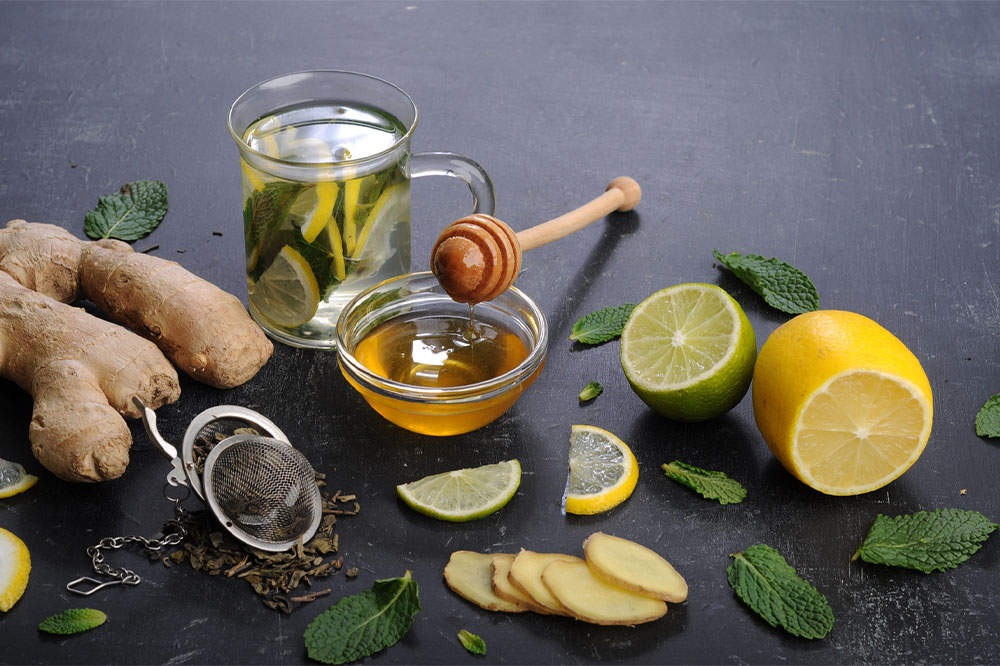Proven Methods to Alleviate Acid Reflux Discomfort
Discover effective natural and medical strategies to manage and reduce acid reflux symptoms. From dietary adjustments to advanced therapies, learn how to alleviate discomfort and improve digestive health. Easy lifestyle changes and targeted treatments can provide long-term relief, making daily life more comfortable.

Proven Methods to Alleviate Acid Reflux Discomfort
Acid reflux occurs when stomach acid flows back into the esophagus, causing discomfort often called heartburn. Managing this condition involves lifestyle changes, dietary adjustments, and medical treatments to minimize symptoms over time. Here are effective strategies to control acid reflux naturally and medically.
Home Remedies for Heartburn Relief
Mild to moderate heartburn can often be eased with natural, at-home remedies.
Identify and Avoid Trigger Foods
Foods and drinks such as coffee, sodas, spicy dishes, greasy foods, and citrus fruits can increase stomach acid and worsen symptoms. Reducing intake can help prevent flare-ups.
Manage Portion Sizes
Eating large meals puts pressure on the stomach, triggering reflux. Consuming smaller, more frequent meals and eating slowly can reduce discomfort.
Enhance Sleep Position
Avoid heavy meals before bedtime. Raising the head of the bed with extra pillows and sleeping on the left side can help decrease acid reflux by utilizing proper digestive anatomy.
Lower Stress Levels
Stress increases cortisol, which can intensify reflux symptoms. Techniques like meditation, yoga, and deep breathing can help soothe stress and improve gastrointestinal health.
Medical Treatments for Acid Reflux
Lifestyle modifications along with medications are typically effective for mild to moderate reflux. Severe cases may require advanced procedures such as surgery or endoscopic therapy.
Medication Methods
Antacids, H2 blockers, proton pump inhibitors, and prokinetic drugs are commonly used to manage symptoms. Consult a healthcare professional to avoid overuse and side effects.
Invasive Procedures
Surgical options like Nissen fundoplication and endoscopic therapies aim to reinforce the esophageal valve, providing long-term relief for serious cases.
Health and Lifestyle Adjustments
Keeping a healthy weight, steering clear of harmful foods, and managing stress are essential strategies for reducing reflux episodes.
Diet Tips for Symptom Relief
Incorporate fiber-rich foods such as lentils, oats, broccoli, and brown rice, along with soothing herbal teas like chamomile. Adapting a low-carb diet can also help prevent bloating and gas, lowering reflux risk.


